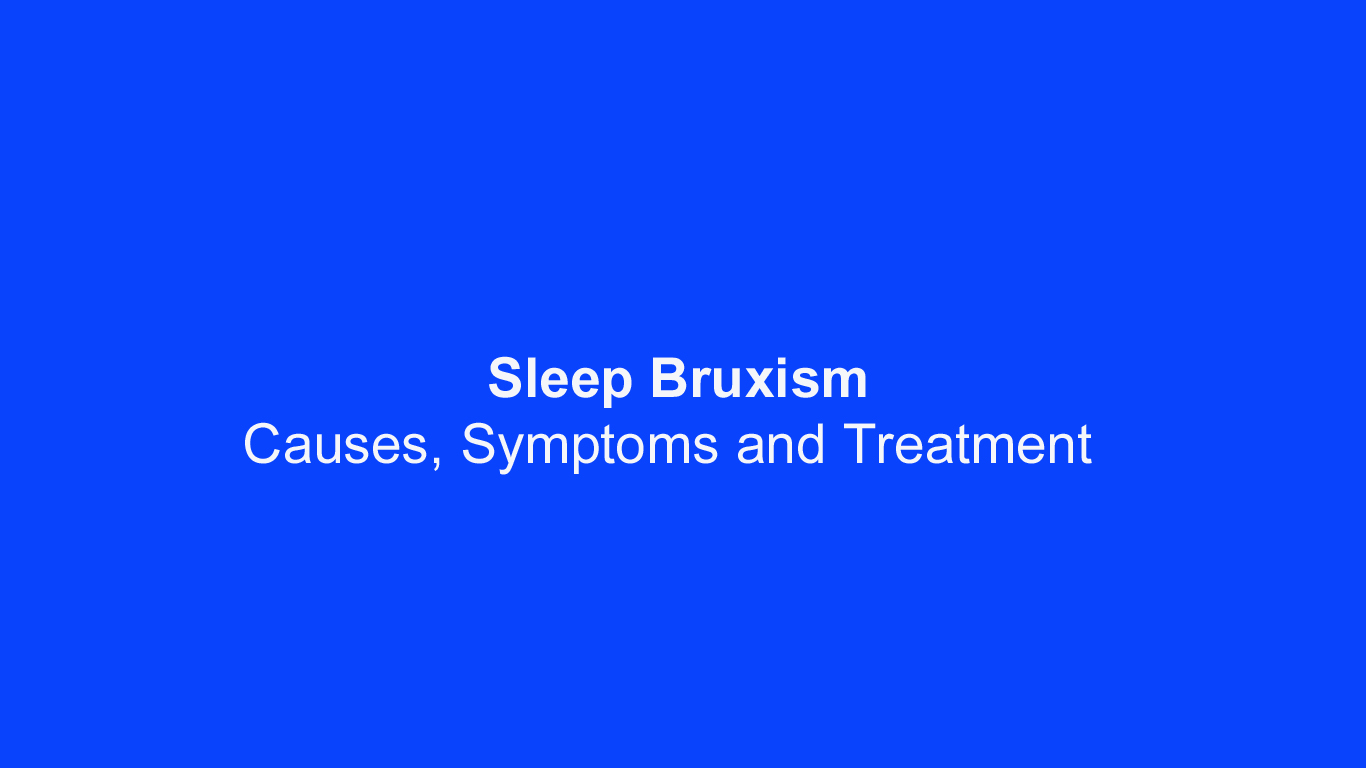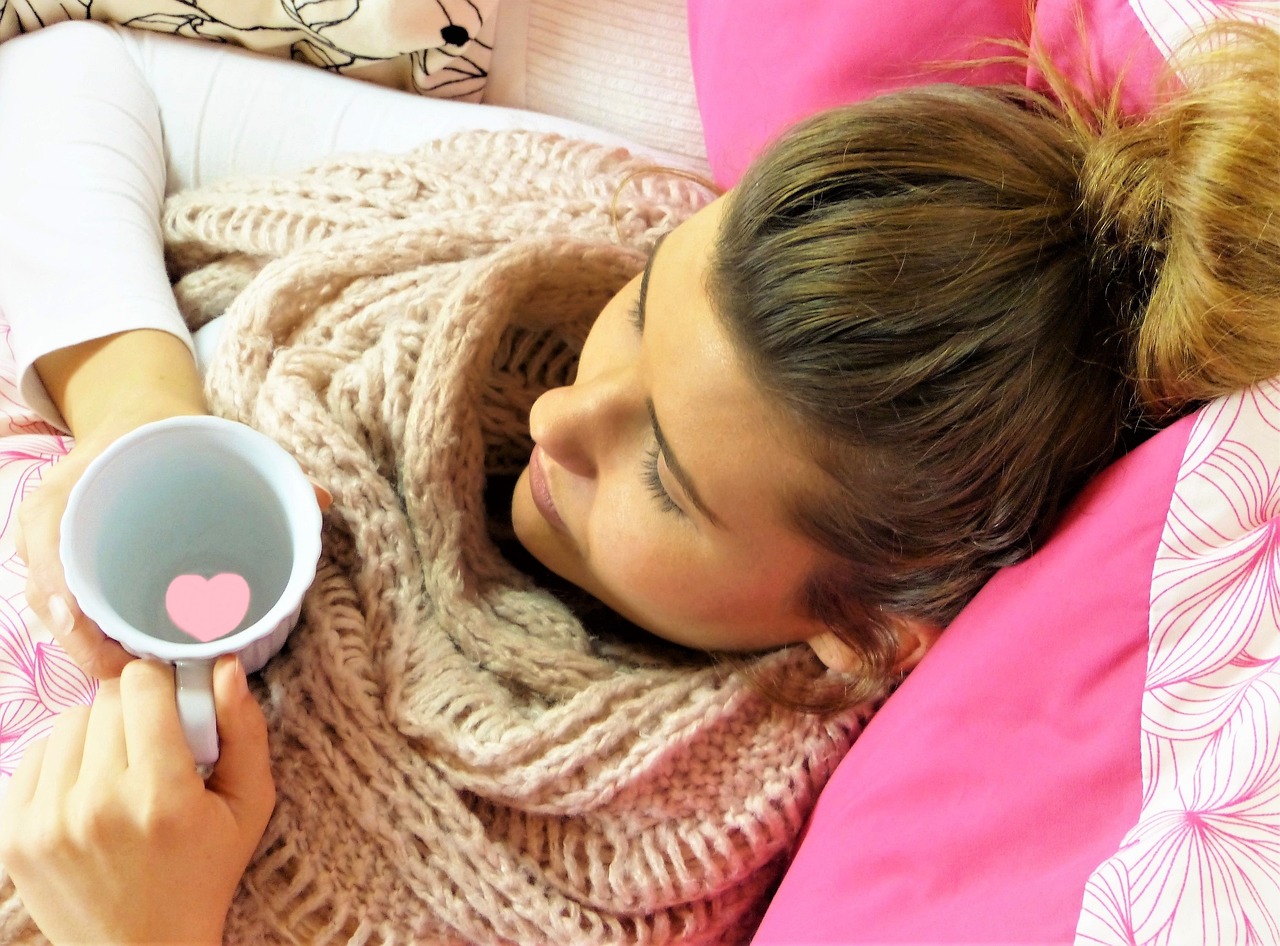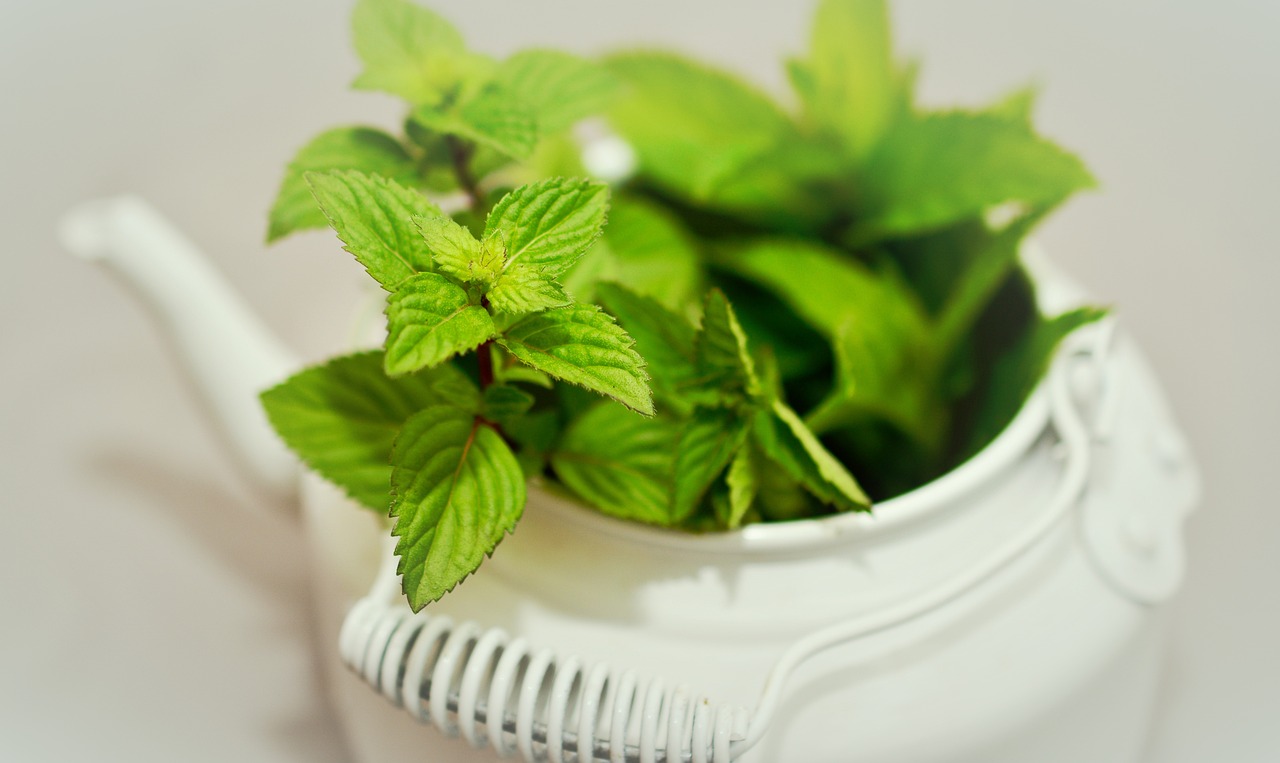Sleep Bruxism – Causes, Symptoms and Treatment

If you find yourself waking up with sore jaw muscles or a headache, you may be suffering from bruxism — the grinding and clenching of teeth. Bruxism can cause teeth to become painful or loose, and sometimes parts of the teeth are literally ground away. Eventually, bruxism can destroy the surrounding bone and gum tissue. It can also lead to problems involving the jaw joint, such as temporomandibular joint syndrome.
Bruxism is when you clench or grind your teeth. Clenching means you tightly hold your top and bottom teeth together, especially the back teeth. Clenching puts pressure on the muscles, tissues, and other structures around your jaw. This can lead to jaw pain and soreness, headaches, earaches, damaged teeth, and other problems. The symptoms can cause temporomandibular joint problems.
Bruxism involves any type of forceful contact between the teeth, whether silent and clenching, or loud and grating. Estimates vary regarding the number of people who suffer from this condition and range from 50-95% of the adult population. Approximately 15% of all children also acquire this condition. Many people are not aware that they have this condition because they grind their teeth at night while asleep, although bruxism can occur during daytime hours as well.
Causes of bruxism are unknown, one study links it with such factors as anxiety, stress, alcohol consumption, cigarette smoking, caffeine, sleep apnea, snoring and excessive daytime sleepiness. Importantly, psychiatric or psychological factors do not play a role in most cases. Use of certain medications, including amphetamines, are also associated with episodes of bruxism. Sleep apnea may also be related to sleep bruxism, and evidence suggests that treating sleep apnea can help alleviate sleep bruxism.
Symptoms & Diagnosis
Characteristics of sleep bruxism include clenching or grinding of canines or incisors laterally or grinding of the molars. The friction is also occasionally accompanied with a loud grinding sound. Tooth damage and loss, as well as occlusal disease, can occur over time if the condition is severe. In addition daytime headaches, jaw pain, and atypical facial pain can also be an effect.
- Dental problems
- Suppressed anger
- High levels of alcohol consumption
- Stress Masticatory muscle discomfort
- Complications of Huntington’s disease
Symptoms of Sleep Bruxism
- Worn tooth enamel, exposing the inside of your tooth
- Earache
- Jaw muscle discomfort
- Headache
- Sore gums
- Disturbed sleep
- Eating disorders
- Chronic facial pain
- Increased tooth sensitivity
Treatment for Sleep Bruxism
Most cases of bruxism are mild and may never require treatment. Occasional bruxism may not be harmful but when it occurs regularly, it may be associated with moderate to severe dental damage, facial pain, and disturbed sleep.
Finding ways to relax — Because everyday stress seems to be a major cause of bruxism, anything that reduces stress can help-listening to music, reading a book, taking a walk or a bath. It may help to seek counseling to learn effective ways for handling stressful situations. Also, applying a warm, wet washcloth to the side of your face can help relax muscles sore from clenching.
Massage the muscles of the neck, shoulders, and face. Search carefully for small, painful nodules called trigger points that can refer pain throughout the head and face. Learn physical therapy stretching exercises to help the restore a normal balance to the action of the muscles and joint on each side of the head. Apply ice or wet heat to sore jaw muscles. Either can have a beneficial effect.
The Author:








